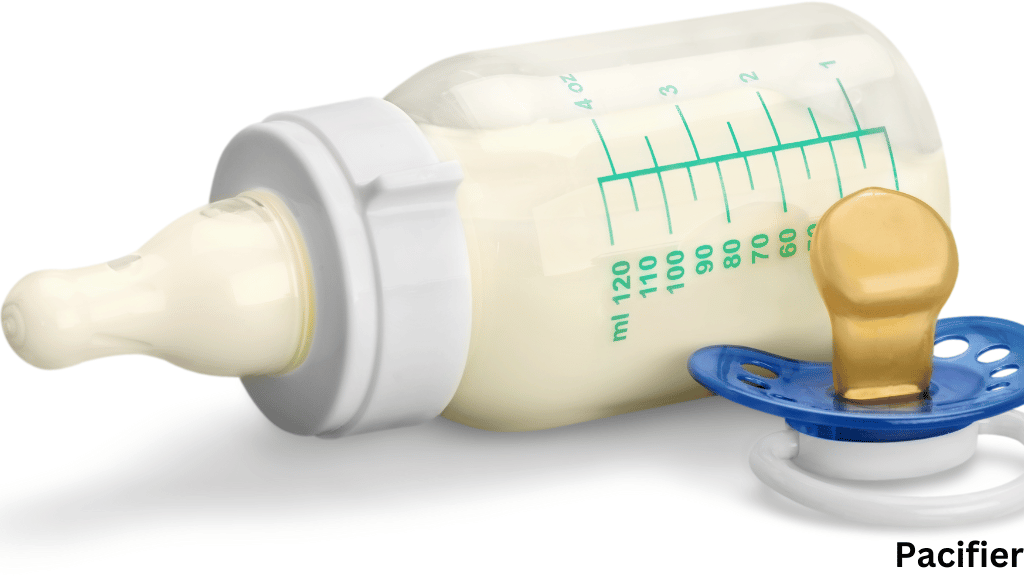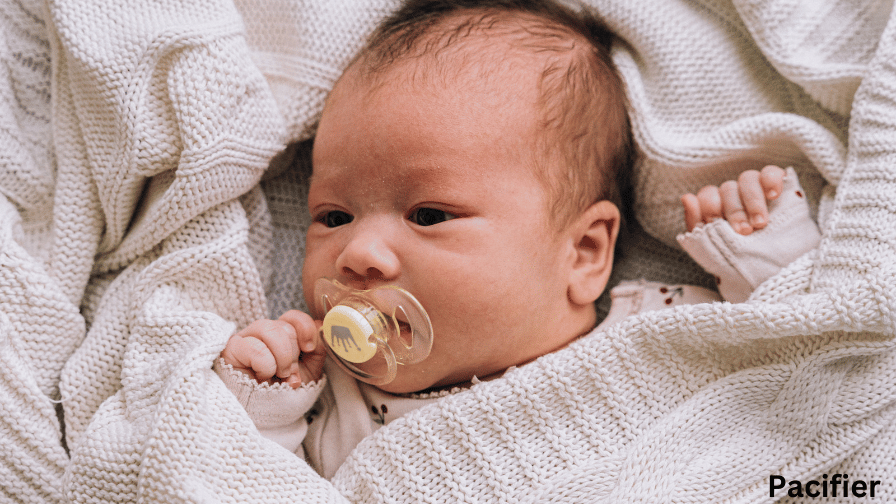
The Effects of Pacifiers on Child Health Benefits and Risks Explained. Pacifiers are often a pass-to solution for soothing a crying child. While they provide comfort and comfort, it’s essential to apprehend how pacifiers affect an infant’s health. This article covers both the advantages and ability dangers, supplying a balanced view to help parents make informed decisions. Let’s dive into how pacifiers affect oral development, sleep styles, and usual well-being.
Benefits of Pacifier Use
Reduction in Sudden Infant Death Syndrome (SIDS)
Research suggests that pacifier use at some point of sleep is associated with a reduced risk of SIDS. The American Academy of Pediatrics (AAP) indicates imparting a pacifier at nap time and bedtime for babies to reduce this threat. The specific mechanism remains uncertain; however, it is believed that pacifiers would possibly assist in holding airway patency or reducing arousal from sleep.
1. What is a Pacifier, and Why Do Babies Use It?
A pacifier is a rubber or silicone nipple set up on a plastic shield that stops swallowing or choking. It satisfies an infant’s natural urge to suck, which facilitates soothing them, particularly while they’re disappointed or restless. Babies are born with a sucking reflex, and pacifiers can mimic breastfeeding, presenting consolation once they aren’t hungry. Many mothers and fathers use pacifiers as a powerful device to calm their infants for the duration of stressful moments or to help them go to sleep.
Support for Preterm Infants
For premature infants, non-nutritive sucking (sucking without feeding) using a pacifier can slow the development of sucking reflexes. This exercise has been related to improved feeding efficiency and shorter hospital stays for preterm babies.
Dental Malocclusion
Prolonged pacifier use, mainly past two years of age, can affect dental alignment and the shape of the oral hollow space. Issues, including misaligned tooth or chunk issues, might also arise. The American Academy of Family Physicians notes that unfavorable dental outcomes are extra obvious after 4 years of age.
2. The Effects of pacifiers on child health
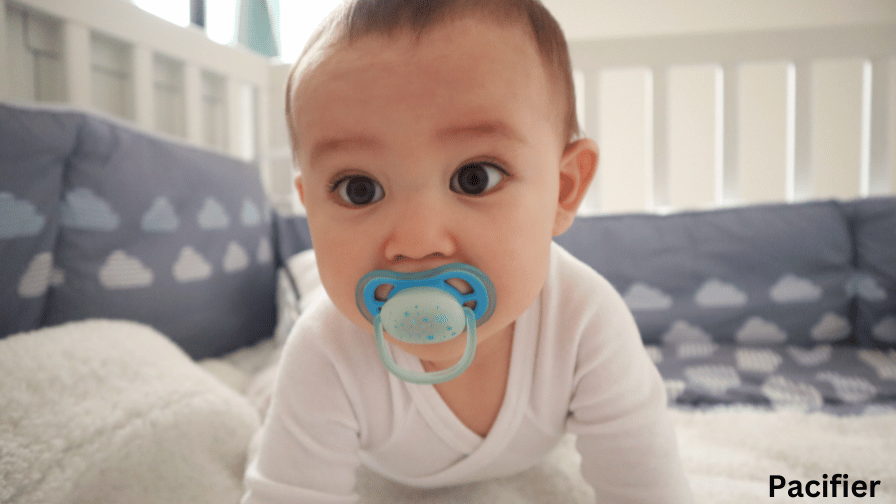
There are numerous benefits of pacifier use, in particular throughout the early months of an infant’s life:
a) Soothing Effect
Pacifiers can assist calm babies in demanding conditions, including in the course of vaccinations, blood checks, or other scientific processes. The sucking action enables relieve tension and offers an experience of safety for infants.
B) Helps Babies Sleep
Using a pacifier can help a few toddlers doze off faster and live asleep longer. The sucking movement encourages rest, which could cause better sleep.
C) Reduced Risk of Sudden Infant Death Syndrome (SIDS)
Research suggests that the usage of a pacifier even as slumbering can reduce the danger of Sudden Infant Death Syndrome (SIDS). Experts consider that pacifiers might also save you from deep sleep, permitting the child to be extra effortlessly aroused and reducing the threat of suffocation.
D) Satisfies the Need to Suck
Babies have a natural want to suck, even if they are not feeding. Pacifiers satisfy this want without introducing more meals, which may be useful if the baby is complete but fussy.
3. Potential Risks of Pacifier Use
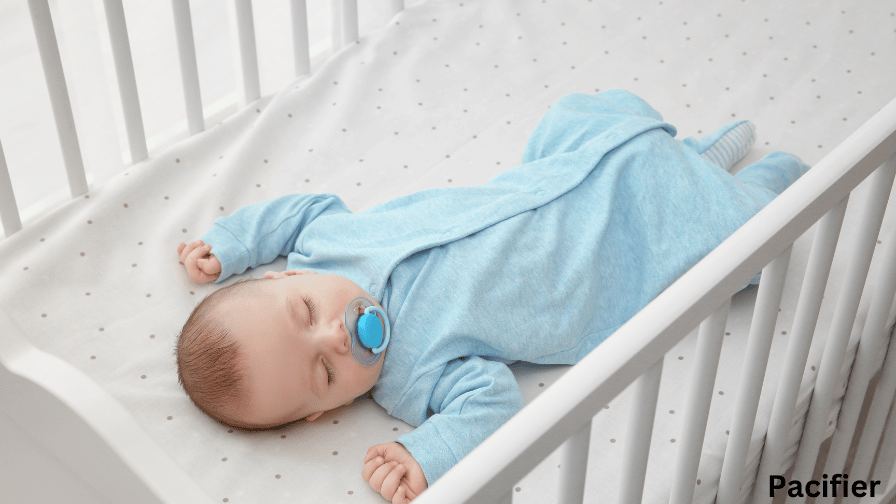
While pacifiers provide advantages, additionally they include certain dangers, especially if used inappropriately or for too long.
A) Impact on Oral Development
Prolonged pacifier use can negatively affect a toddler’s oral development. Extended use may additionally lead to misalignment of teeth, adjustments inside the roof of the mouth, or an overbite. Experts recommend restricting pacifier use after the age of to keep away from these troubles.
B) Ear Infections
Pacifier use has been related to an extended chance of center ear infections (otitis media). The suction caused by sucking can affect the location of the ear tubes, probably leading to infection. Parents ought to be cautious approximately extended pacifier use past the primary six months when ear infections come to be extra commonplace.
C) Dependence on Pacifiers
Some infants grow to be overly dependent on pacifiers, desiring them to sleep or chill out. This dependency can lead to difficulties in weaning off the pacifier later, inflicting misery on both the kid and the dad and mom. It can also interfere with speech improvement if the pacifier is used frequently when the child is conscious and seeking to vocalize.
D) Hygiene Concerns
Pacifiers need to be cleaned often to save you from the spread of microorganisms or germs that can cause oral infections. Parents have to continually sterilize pacifiers, mainly in the early months, and replace them regularly to maintain the right hygiene.
4. Tips for Safe Pacifier Use

To maximize the blessings of pacifier use whilst minimizing the risks, comply with the pointers:
a) Limit Pacifier Use Over Time
Try to lessen pacifier use as your baby grows older. The American Academy of Pediatrics indicates weaning toddlers off pacifiers at the age of 1 to 2 years. By this time, toddlers expand different self-soothing techniques, and the hazard of dental issues increases with extended use.
B) Use the Right Size
Ensure that the pacifier you pick is age-appropriate. Pacifiers come in distinct sizes based on a child’s age, and the usage of the correct length guarantees proper comfort and safety.
C) Keep It Clean
Always sterilize new pacifiers before first use and ease them frequently after every use. A dirty pacifier can introduce harmful bacteria into your infant’s mouth, leading to infections.
D) Avoid Sugar Dips
Some parents dip pacifiers in sweet substances like honey or sugar to inspire toddlers to use them. This has to be prevented, as it increases the threat of cavities and other dental troubles.
E) Be Mindful of When to Use It
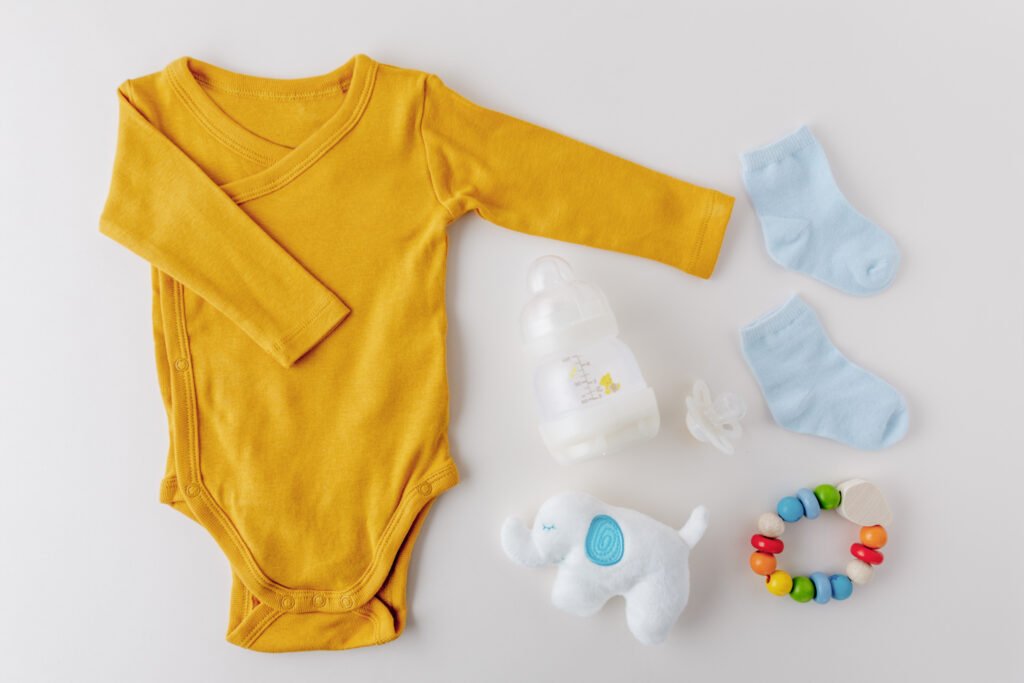
Use pacifiers all through naps and bedtime, when infants are most likely to want consolation. Try to avoid the usage of pacifiers to quiet the child while they’re seeking to talk via sounds, as this can interfere with speech improvement.
5. When to Wean Your Child Off the Pacifier
Weaning your infant off the pacifier can be tough, however it’s vital to do so gradually. Many specialists suggest beginning the process from six months to a year, but in reality by age to avoid lengthy-time period oral health problems.
Here are some strategies to make the transition less complicated:
Gradually Reduce Usage:
Limit pacifier use to unique instances of the day, which includes bedtime, and progressively cut again until it’s not wished.
Introduce Other Comforts:
Offer your infant a filled animal or blanket as an alternative consolation object during worrying situations or bedtime.
Offer Praise:
Encourage your child with effective reinforcement once they manage without the pacifier.
6. Conclusion: Balance the Benefits and Risks
Pacifiers can be beneficial, especially in the first year of an infant’s life, assisting to appease and even lessen the danger of SIDS. However, extended use can lead to dental problems, ear infections, and dependency. The secrets to stability are the benefits and risks with the aid of the use of pacifiers wisely, keeping hygiene, and weaning your baby off at a suitable time. With aware use, pacifiers may be a helpful device for both mother and father and babies while making sure healthful improvement. This article uses the keyphrase “effects of pacifiers on baby health” and makes a specialty of easy, realistic recommendations for parents seeking to recognize both the pros and cons of pacifier use.

